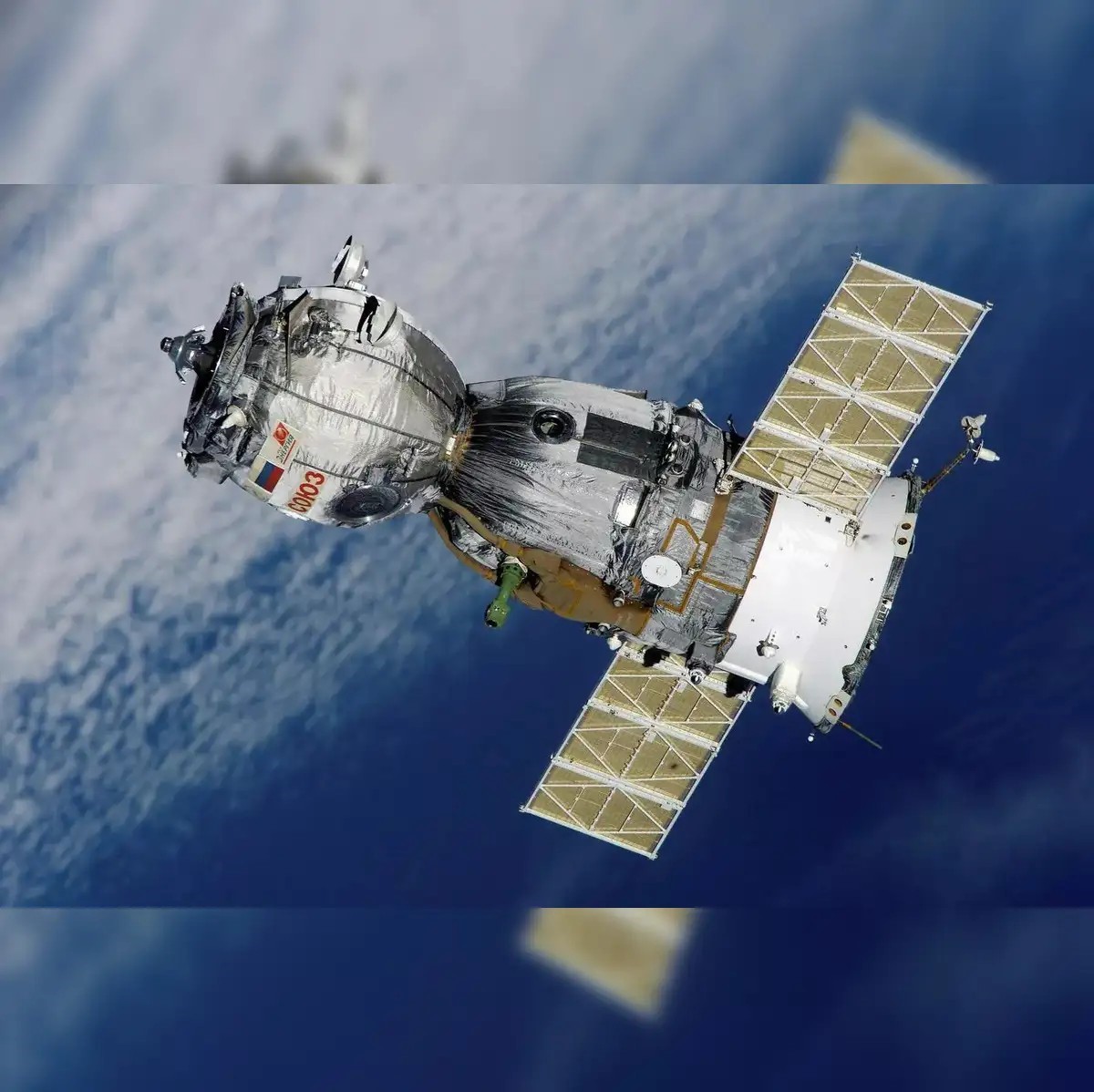India Plans 52 Spy Satellites for Defence Surveillance
India Plans 52 Spy Satellites for Defence Surveillance
Why in the News ?
India is set to launch 52 spy satellites over the next five years to enhance its space-based surveillance capabilities. The plan involves ISRO and private sector collaboration under IN-SPACe, aimed at strengthening defence sector monitoring and coordination.
India’s Military Satellites for ISR Capabilities – Key Highlights
- 52 military satellites to be launched for Intelligence, Surveillance & Reconnaissance (ISR)
- Developed by ISRO and private sector, equipped with Synthetic Aperture Radar (SAR), advanced sensors, and imaging systems.
- Satellites to cover LEO, MEO, and possibly GEO for all-round monitoring and operational resilience.
- Enhances India’s military space capabilities beyond borders for real-time threat tracking.
- Builds on earlier launches: GSAT-7 (Rukmini), GSAT-7A (Angry Bird), and RISAT series.
- Supports a new Military Space Doctrine for tracking adversaries and countering anti-satellite weapons, space debris, and electronic warfare
- Reinforces India’s 2019 status as the fourth country to demonstrate anti-satellite missile capability in Low Earth Orbit.
About the Strategic Defence Initiative :
- India will launch 52 surveillance satellites in the next five years, significantly boosting space-based defence capabilities.
- The project was announced by Pawan Kumar Goenka, chairman of IN-SPACe at the Global Space Exploration Conference 2025.
- Objective: Strengthen real-time surveillance for Indian Army, Navy, and Air Force
- The satellites will aid in tracking enemy movements, border monitoring, and improving inter-service coordination.
Public-Private Collaboration
- The Indian Space Research Organisation (ISRO) and the private sector will jointly develop the satellite constellation.
- 26 satellites will be built by ISRO, while the remaining 26 will be developed by private companies.
- This marks a major step in involving the private space industry in national security.
- Goenka highlighted the importance of continuous upgrades to match modern surveillance needs.
Role of IN-SPACe and Future Outlook:●IN-SPACe (Indian National Space Promotion and Authorisation Centre) is the regulator and promoter of space activities. |




